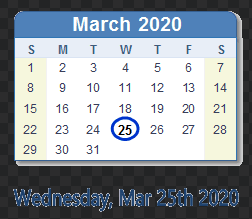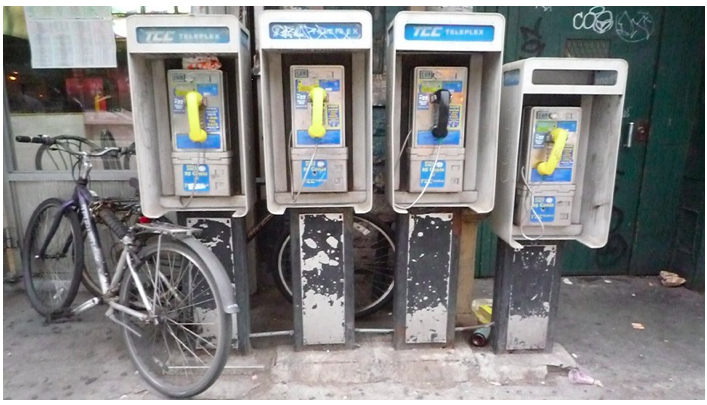Hello again!
We hope you are all very well at this beginning of April.
To begin with, I´ll leave you a little story about Krishna and the Fruit Seller,
https://www.youtube.com/watch?v=jik8Qyx206I
We´ll continue with a tongue twister,
Proper Copper Coffee Pot
All I want is a proper cup of coffee.
Made in a proper copper coffee pot.
You can believe it or not.
But I want a cup of coffee from a proper copper pot.
Tin coffee pots or iron coffee pots, they’re not good to me.
If I can’t have a proper cup of coffee from a proper copper coffee pot, I’ll just have tea.
All I want is a proper cup of coffee.
Made in a proper copper coffee pot.
You can believe it or not.
But I want a cup of coffee from a proper copper pot.
Try to say it for yourself and record your voices. Then, send them to the English mail. (Intentar decirlo vosotros y grabar vuestras voces. Enviarlas a nuestro correo de inglés).
To finish I would like to thank you for your good work in Liveworksheets. (Para terminar, me gustaría agradecer vuestro buen trabajo en Liveworksheets)
Look at your Liveworksheets, please !
TeacherAlqueria.




 _______________________________________
_______________________________________
